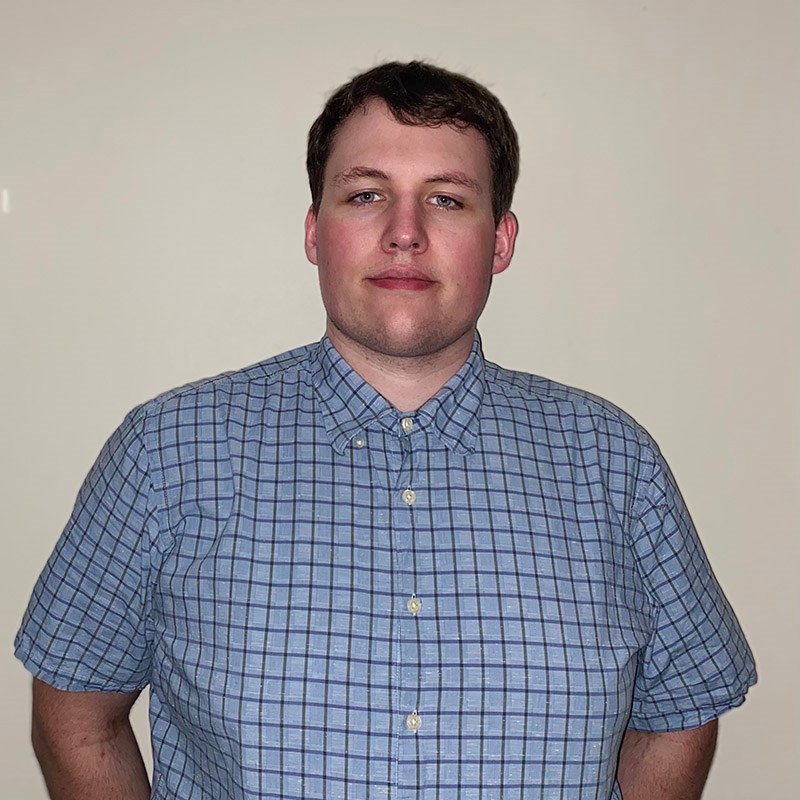Dylan Young, the candidate for the People’s Party of Canada (PPC) in the Churchill-Keewatinook Aski electoral district, doesn’t have a background in politics but decided to step forward as a candidate because the party’s views align closely with his.
“I started my campaign about a week before the deadline for signatures and I wanted somebody better to vote for,” he told the Thompson Citizen Sept. 7. “I didn’t learn my politics through a lot of Canadian thought leaders. It’s mostly through a different source of things and somehow I’ve arrived at the same result. They represent me fairly well in what I believe.”
Locally, the resident of The Pas says that Indigenous issues are important.
“I believe one of the best ways to get them out of these poverty and degraded areas is to allow them to purchase real property and not just the house that sits upon the land,” Young said. “If you allow people to purchase land it incentivizes them to put money towards it rather than spending it on consumer goods. It creates a positive feedback loop where, when you are older, you have a house you can rent or you can sell it and you can pay for your old age. This doesn’t exist in the Indigenous communities. They can buy land outside but they can’t buy land inside their reserves. I think a great way to fix this would be to allow them to purchase land.”
On a broader scale, Young says Canadians need to learn to be proud of their culture.
“One of the things that the PPC would do would be to reassert Canadian culture,” says Young. “One of the issues nowadays is that people don’t understand Canadian culture. They think that Canadian culture is based on its relation to other cultures. This is the whole multiculturalism thing. I believe that Canadians in general believe that the more cultures there are in an area the better it is or something along those lines. [I’m] not saying that these cultures shouldn’t be there but they should be integrated into the culture as a whole and not in separate enclaves. One of the ways we can do this is by changing the way that we approach immigration to restrict it to people with similar values because there’s lots of places in the world where these values are toxic actually and incompatible with what people think.”
He also thinks the education system would better serve youth and society by delving into why instead of just what.
“They learn how the government works,” he says. “They don’t know why it works. We need to start teaching children why – not children like Grade 5, I mean like high school children – why the government works the way it does because if you don’t understand why the system works you can’t appreciate it.”
This includes theories on where government derives its legitimacy.
“This has to do with the ideas like governing by consent, policing by consent, the idea of rights and responsibilities and liberties. The general majority of people I speak to don’t understand these concepts and it’s a failure on the education part and society in general. Just the reassertion of Canadian rights, I suppose, like free speech and the right to own firearms, the right to run your business unmolested by the government, within reason of course, and a recommitment to the charter.”
With regard to the COVID-19 pandemic, Young opposes vaccine passports and mandates because they are imposed without the consent of the people they affect.
“The way that this relationship works 99 per cent of the time is that the government works with the consent of the governed,” Young says. “If you were to, say, have the government force things upon the citizen, it represents a reversal of these values and also a devaluation of these values so every time that they mandate something for you it ends up being that they’re slowly chipping away that relationship. It’s these relationships that define Canadian society. When you have a vaccine passport it’s one of the first steps on a long road that doesn’t lead anywhere good.”





